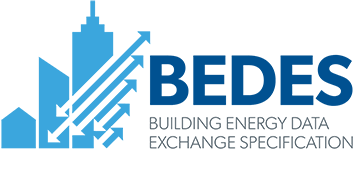|
Desktop |
A computer where the main unit is intended to be located in a permanent location, often on a desk or on the floor. Desktop computers are not designed for portability and utilize an external computer display, keyboard and mouse. Desktop computers are designed for a broad range of home and office applications, including point of sale applications. |
None |
|
|
Integrated desktop |
A desktop system in which the computer and computer display function as a single unit which receives its AC power through a single cable. |
None |
|
|
Laptop |
A laptop or notebook designed specifically for portability and to be operated for extended periods of time both with and without a direct connection to an ac mains power source. Laptops include an Integrated Display, a non-detachable, mechanical keyboard (using physical, moveable keys), and pointing device. |
None |
|
|
Large scale server |
A resilient/scalable server which ships as a pre-integrated/pre-tested system housed in one or more full frames or racks and that includes a high connectivity I/O subsystem with a minimum of 32 dedicated I/O slots. |
None |
|
|
None |
None |
None |
|
|
Not applicable |
Not applicable |
None |
|
|
Other |
Other |
None |
|
|
Small scale server |
A computer that typically uses desktop components in a desktop form factor, but is designed primarily to be a storage host for other computers. Small-scale Servers are designed to perform functions such as providing network infrastructure services (e.g., archiving) and hosting data/media. These products are not designed to process information for other systems or run web servers as a primary function. |
None |
|
|
Tablet |
A tablet computer, or simply tablet, is a mobile computer with display, circuitry and battery in a single unit. Tablets are equipped with sensors, including cameras, microphone, accelerometer and touch screen, with finger or stylus gestures replacing computer mouse and keyboard. |
None |
|
|
Thin client |
An independently-powered computer that relies on a connection to remote computing resources (e.g., computer server, remote workstation) to obtain primary functionality. Main computing functions (e.g., program execution, data storage, interaction with other Internet resources) are provided by the remote computing resources. Designed for use in a permanent location (e.g. on a desk) and not for portability. |
None |
|
|
Unknown |
Unknown |
None |
|
|
Workstation |
A high-performance desktop computer designed for professional video editing, graphics, scientific/engineering, or other applications that require the maximum computing power available on the market. Workstations differ from desktop computers both in their intended applications and their hardware configurations. Workstations may contain multi-core/dual processors, power supplies with DC output ratings in excess of 500 watts, dual high-end video cards, and multiple hard drives. To qualify as a workstation, a computer must be certified by a number of independent software vendors (ISVs) to run high performance software applications. |
None |
|




